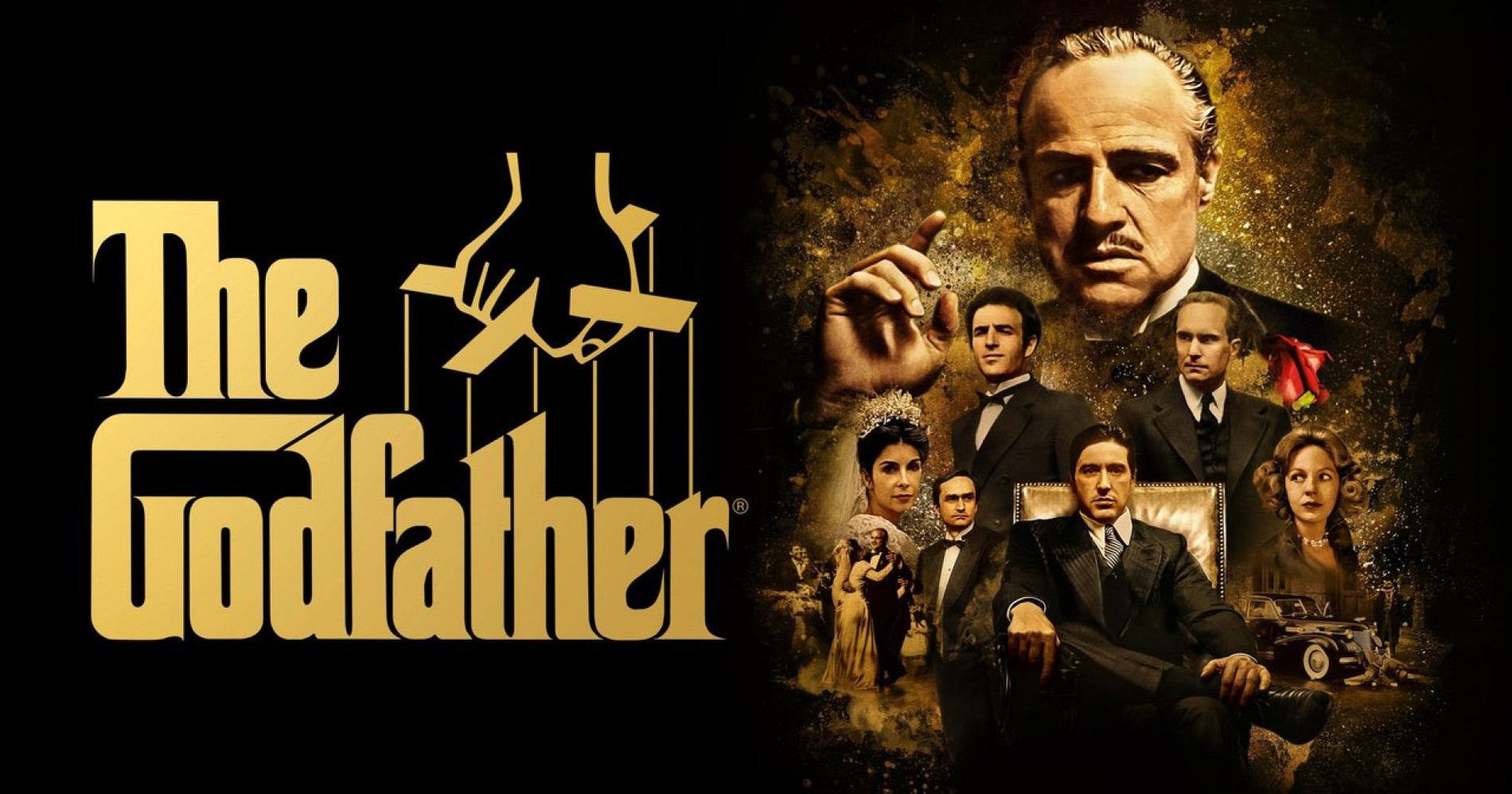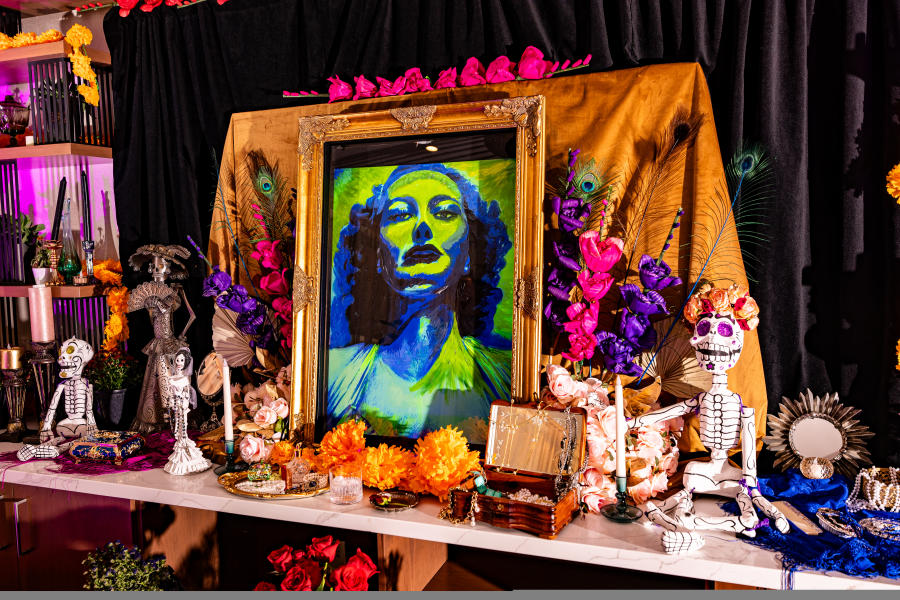novellainstitute.com – Released in 1972, The Godfather is widely regarded as one of the greatest films in cinematic history. Directed by Francis Ford Coppola and based on Mario Puzo’s best-selling novel of the same name, the film is a sprawling crime drama that explores themes of family, power, loyalty, and corruption. Starring Marlon Brando, Al Pacino, James Caan, and Robert Duvall, The Godfather has left an indelible mark on popular culture and continues to be celebrated for its storytelling, performances, and technical brilliance.
Plot Summary
The film chronicles the story of the Corleone crime family, led by patriarch Vito Corleone (Marlon Brando), during the late 1940s and early 1950s. As Vito’s health begins to decline, his youngest son, Michael (Al Pacino), reluctantly becomes involved in the family’s criminal enterprise despite his initial desire to live a legitimate life. The narrative weaves through power struggles, betrayal, and revenge as Michael transforms from an outsider to the ruthless leader of the family. The film’s iconic scenes, including Vito’s famous line, “I’m gonna make him an offer he can’t refuse,” have become hallmarks of the genre.
Themes and Symbolism
- Family and Loyalty: At its core, The Godfather is a story about family. It explores the bonds and conflicts within the Corleone family, highlighting the sacrifices made in the name of loyalty.
- Power and Corruption: The film delves into the corrupting nature of power, portraying the moral compromises made to maintain control and dominance.
- The American Dream: Vito Corleone’s rise to power reflects an immigrant’s pursuit of the American Dream, albeit through illegal means. The film critiques this dream, showing how ambition and success can come at a great cost.
Performances
Marlon Brando’s portrayal of Vito Corleone is iconic, earning him an Academy Award for Best Actor. His nuanced performance conveys both the ruthless nature and the humanity of the character. Al Pacino’s transformation as Michael Corleone is equally compelling, capturing the character’s descent into darkness with subtlety and intensity. The supporting cast, including James Caan as Sonny Corleone and Robert Duvall as Tom Hagen, deliver standout performances that add depth to the narrative.
Cinematography and Direction
Coppola’s direction is masterful, combining intimate character studies with grandiose storytelling. Cinematographer Gordon Willis, often referred to as the “Prince of Darkness,” used low-key lighting to create the film’s signature shadowy aesthetic, reflecting the moral ambiguity of its characters. The use of long takes and meticulously composed frames immerses viewers in the world of the Corleones.
Cultural Impact
The Godfather has had a profound impact on cinema and popular culture. Its influence can be seen in countless films and television shows, particularly in the crime and mafia genres. The film’s quotes, such as “Keep your friends close, but your enemies closer,” have become part of everyday vernacular. Additionally, Nino Rota’s haunting musical score, including the iconic Godfather theme, remains one of the most recognizable in film history.
Legacy
The Godfather won three Academy Awards, including Best Picture, Best Actor (Marlon Brando), and Best Adapted Screenplay (Mario Puzo and Francis Ford Coppola). It has consistently ranked among the top films in critics’ and audiences’ lists worldwide. Its success spawned two sequels, with The Godfather Part II (1974) often regarded as one of the few sequels to surpass its predecessor in quality.
Conclusion
More than five decades after its release, The Godfather remains a benchmark in filmmaking. Its exploration of timeless themes, unforgettable performances, and technical brilliance ensure its place as a cinematic masterpiece. Whether you’re a first-time viewer or a lifelong fan, The Godfather continues to cap




